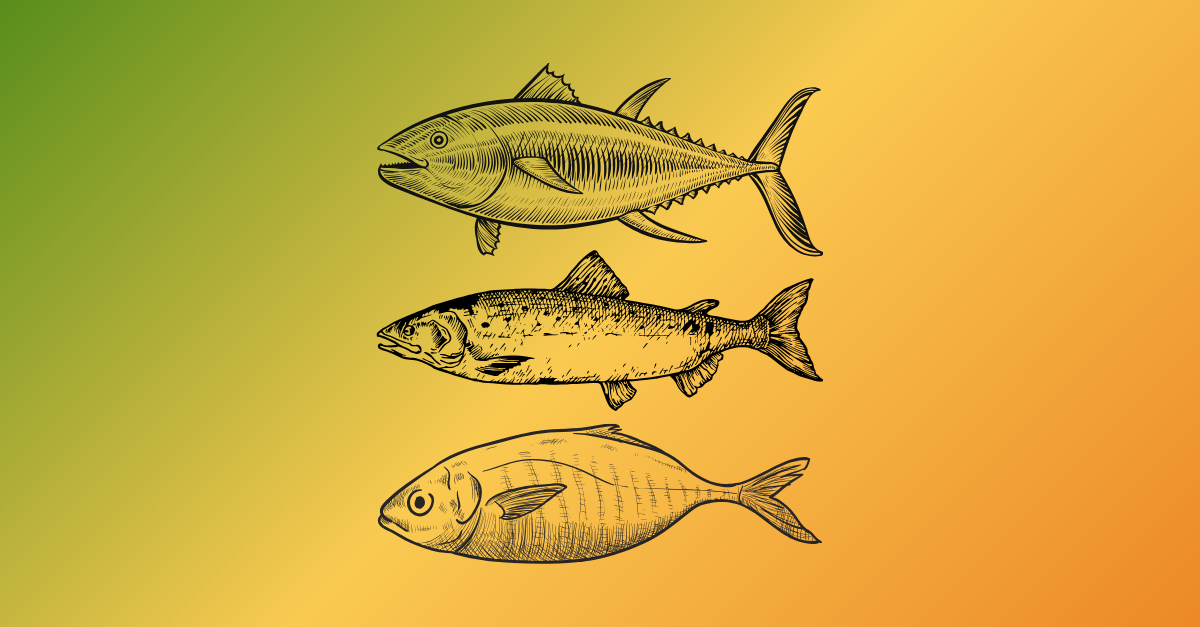Fish Farming in Africa: A Lucrative Opportunity
Explore the booming industry of fish farming in Africa. Learn how entrepreneurs are tapping into this overlooked opportunity to meet the continent's growing demand for fish.

Fish farming has been overlooked as a prime investment in Africa for quite some time. Given that a big portion of Africa's fish comes from water bodies, combined with the effects of climate change, there's been a steady decline in natural fish populations. Afripreneurs are stepping up to tackle this challenge by diving into fish farming within ponds. This isn't just a great opportunity for Africans on the continent but also for those in the diaspora.
The Rising Demand for Fish
African countries are taking action to combat overfishing by implementing regulations to boost fish populations. While these measures aim to conserve fisheries, they also drive up the demand for fish. According to the FAO, Sub-Saharan African countries consume 8.9kgs of fish per capita, compared to the global average of 18.9kgs per capita, indicating a significant potential increase in demand for fish in Africa.
Moreover, health experts advocate for fish as a healthier alternative to red meat, highlighting its rich protein, vitamin content, and Omega 3 fatty acids, which are beneficial for heart health. This growing demand presents a promising opportunity for entrepreneurs to tap into the fish industry and contribute to meeting the market needs while promoting healthier dietary choices.
The Rise of Purchasing Power in Africa
A recent report by the United Nations reveals a notable trend: a growing middle class in Africa, statistics are indicating that the middle-class population in Africa could increase to more than 40% of the total population on the continent by 2060. This surge in purchasing power is particularly encouraging for entrepreneurs involved in fish farming across the continent. With the rise of consumerism, Africans now have access to a diverse range of food options. This shift not only signifies economic growth but also presents promising prospects for businesses in the food industry, including fish farming ventures.
Profit Potential in Fish Farming
Fish farming offers substantial profitability, especially when considering popular varieties like Tilapia and Nile Perch, widely consumed across Africa. Entrepreneurs venturing into fish farming should focus on these lucrative options. There are two main revenue streams: selling grown fish directly to consumers and breeding fingerlings for sale to other farmers or businesses.
Typically, fish in ponds reach optimal sale weight (500g to 600g) within 6-8 months, fetching an average price of $3-4 per kilogram in Africa. With a well-managed pond of 800 square meters accommodating around 5000 fish, a single harvest can yield up to $8000.
Breeding fingerlings requires careful attention, but it's a highly profitable endeavor. Female Tilapia lay eggs, which are then fertilized by males before the female broods them in her mouth. With just 100 Tilapia, a farmer can incubate around 50,000 eggs, considering conservative estimates. Most of these eggs hatch into fingerlings, which can be sold for around $0.15 each.
To maximize profits from fingerlings, a farmer should invest in a hatchery for optimal production. Each female Tilapia can produce between 500 and 1000 eggs per spawning, highlighting the vast potential for profit in this aspect of fish farming.
The Chinese Problem
Despite the promising outlook, a significant hurdle emerges: the influx of Chinese fish imports. Demand for fish in Africa exceeds local production, prompting China to fill the gap by exporting fish to several African countries. However, these imports are often sold at lower prices than locally sourced fish.
On top of that there are safety concerns surrounding Chinese fish imports. Studies by the University of Nairobi have uncovered alarming levels of contamination, including mercury, copper, and lead, in fish imported from China. It's crucial for aspiring entrepreneurs in Africa to prioritize local fish production, ensuring consumer safety and steering clear of potential health risks associated with imported fish.
The Bright Future
Fish farming in Africa is gaining momentum with support from both governments and NGOs. Organizations like Farm Africa have established offices across multiple African countries, including Kenya, Ethiopia, Uganda, DR Congo, and Tanzania, to promote aquaculture uptake. Through initiatives such as training programs and market access, Farm Africa empowers fish farmers to adopt best practices and thrive in the industry.
Across the continent, there's a growing recognition of fish farming's importance for food security and accessible nutrition. In Kenya, for instance, the Fish Farming Enterprise Productivity Program underscores this commitment, offering incentives like free fish feeds, fingerlings, and assistance in constructing fish ponds. With abundant natural resources and conducive conditions, African countries, including Kenya, are poised to leverage fish farming as a sustainable solution for economic growth and food self-sufficiency.
Want to learn more?







